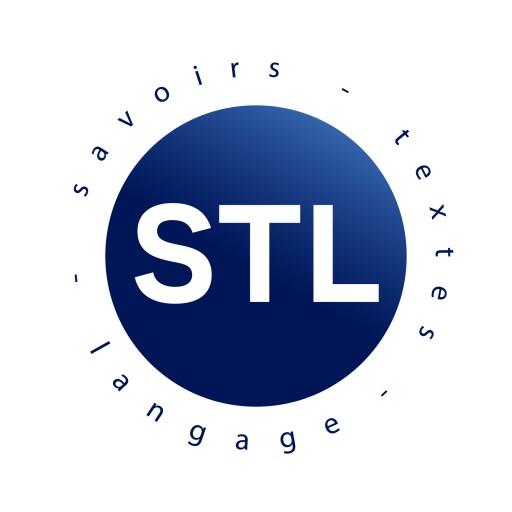May 22-24, 2024, Lille University (France)
The international symposium Engaging Rationality Today will bring together specialists from multiple disciplines (philosophy, psychology, linguistics, etc.) to reflect collectively on contemporary meanings and uses of rationality.
Keynote speakers
Invited speakers
Catarina Dutilh Novaes (Netherlands)
Owen Griffiths (UK)
Franca d’Agostini (Italy)
Ondrej Svec (Czech Republic)
Alexandre Billon (France)
Claude Imbert (France)
The current Western cultural context, which is marked by numerous challenges (fake news, A.I., populism) and critiques (post-colonialism, feminism, etc.), requires a reevalutation of the classic notion of rationality. They show the limits of the classical notion, grounded on concepts like objectivity, universality, argumentation, and causal relationships. How are we to face this? Accepting every new conception without criteria seems to give way to relativism, thus leading to a dilemma. Either we defend the classic notion at all costs, thus limiting the concept and those who can be recognized within it, or this notion folds into relativism because of the plurality of conceptions of rationality, where any dialogue between them becomes, at best, difficult, and at worst, impossible.
The symposium Engaging Rationality Today aims at tackling this dilemma by creating a space of dialogue between various conceptions of rationality. To do so, it is not only a question of examing what rationality is, but also, and above all, a question of studying the limits, blindspots, and problematic uses of the proposed definitions of rationality. We hope that by examining rationality’s multifaceted aspects, including what falls outside of the proposed definitions, contributors will be encouraged to reevalute their own defninitions through dialogue with others.
This project stems from the organizers’ fundamental dialogical commitment. According to this approach, rationality is opposed to violence. This is because rationality is seen to emerge from a common will to think together by communicative means. This in no way means that interlocutors have to be of the same mind, to have the same goals, or to agree to everything others say or believe: they may disagree, and this possibility may even be a necessary component of rationality. However, thinking together still requires minimal duties, namely, the duty to be committed to what one says and to provide reasons for it when asked, thus being accountable for what is publicly said.
The organizer’s dynamic and dialogical conception of rationality makes it open to other perspectives, which may be based on different principles, be opposed to the present one, or simply stress different aspects. The aim of the present project is to provide a comprehensive view of how rationality is currently understood, from various perspectives (philosophy, psychology, linguistics, etc.).

